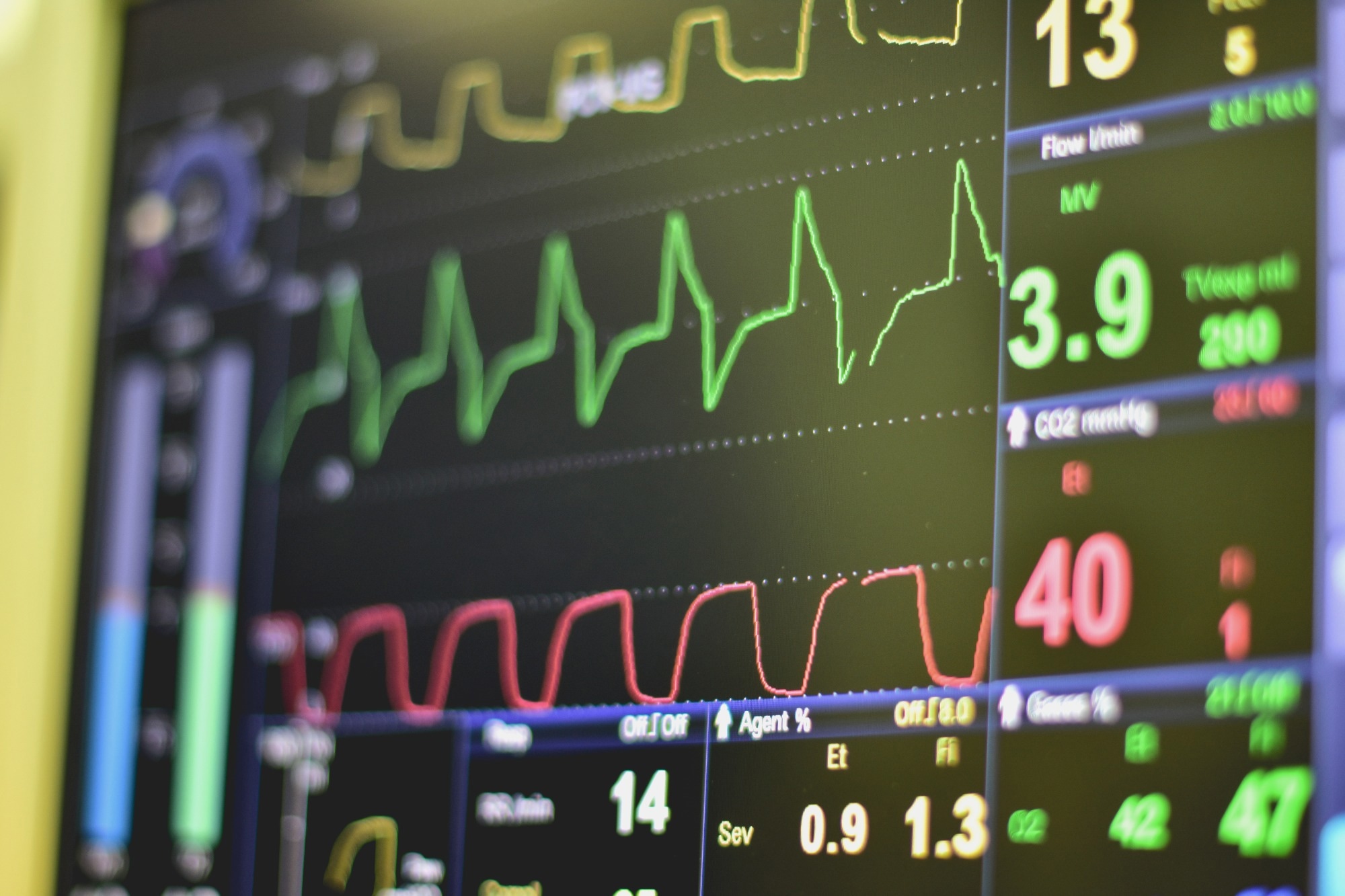A new study published in the journal Diagnostics demonstrates the power of using individual heartbeats from normal ECGs to predict impending cardiac arrhythmias and atrial fibrillation with deep learning. Their approach focusing on discrete heartbeats significantly outperforms models relying on complete 12-lead ECGs. The work reveals subtle indicative patterns hidden within routine heartbeats that can enable earlier diagnosis and prevent severe complications.
 Study: AI Harnesses Individual Heartbeats for Early Detection of Cardiac Arrhythmias. Image credit: mr. teerapon tiuekhom/Shutterstock
Study: AI Harnesses Individual Heartbeats for Early Detection of Cardiac Arrhythmias. Image credit: mr. teerapon tiuekhom/Shutterstock
Decoding Dangerous Arrhythmias with AI
Cardiac arrhythmias like atrial fibrillation underlie many lethal outcomes, including stroke and sudden death. However, their intermittent nature means they often evade detection until advanced stages when treatment options diminish. There is an urgent need to improve screening and achieve early diagnosis before irreversible harm or disability occurs.
Emerging artificial intelligence-based methods provide new hope by harnessing advanced analytics to uncover insights into complex medical data. Recent studies demonstrate deep learning’s potential to predict arrhythmias and atrial fibrillation from ECG recordings. However, most rely on 12-lead ECGs, whereas discrete heartbeats may better capture informative temporal patterns.
This study investigates individual heartbeats from normal ECGs to predict future arrhythmic events within 14 days. The approach demonstrates significant performance gains over 12-lead ECGs, confirming that heartbeats contain subtle biomarkers that powerful machine learning techniques can decode to enable timely diagnosis and prevent avoidable harm.
Methodology and Analysis
The researchers utilized ECG data from over 130,000 patients, labeling normal rhythms paired with subsequent arrhythmia or atrial fibrillation as positive cases. Three deep-learning architectures were developed and trained on discrete heartbeats versus complete 12-lead ECGs to distinguish normal from positive cases.
The standardized heartbeats were input to convolutional and recurrent neural networks optimized for sequential data. Additionally, equivalent model architectures were trained on the complete ECG signals, and multiple seed models enabled robust evaluation.
Across all architectures, the discrete heartbeat models significantly outperformed those relying on complete ECG data. Long short-term memory (LSTM) model area under the curve (AUC) improved from 0.8909 to 0.9222 for arrhythmia prediction using heartbeat inputs. Similar substantial gains were achieved for atrial fibrillation prediction. The performance differential indicates that normal heartbeats contain informative patterns predictive of impending arrhythmias that deep learning can effectively leverage for accurate screening.
Data Sources and Patient Demographics
An essential facet of developing reliable AI systems for healthcare is ensuring robust performance across diverse data sources and patient populations. As deep learning models achieve impressive results on particular datasets, a critical question is whether the capabilities generalize beyond those controlled environments.
The study population for this work spanned two hospitals and incorporated ECG systems from different manufacturers, including Philips and GE. Despite varied collection protocols and devices, the robust predictive performance demonstrates the potential for real-world generalizability, not just bench testing under ideal conditions.
Furthermore, the arrhythmia prediction results show efficacy despite a dataset that may naturally over-represent cardiac conditions relative to the general population. Rather than a carefully curated balanced sample, the data mirrors the higher arrhythmia prevalence expected in a hospital setting. Yet, the models effectively distinguished standard cases from impending events.
This suggests the discrete heartbeat analysis approach may be effective in distorted population distributions and capable of handling real-world variability in patient risk profiles and demographics. Thorough testing across diverse settings remains vital to fully confirm broad applicability. However, the heterogeneous data sources provide preliminary evidence of robustness essential for clinical adoption.
Early Detection Capabilities
The potential clinical value of this approach is profound. Arrhythmias like atrial fibrillation dramatically elevate stroke risk if undetected. This silent threat is precisely what screening aims to avert. The AI methodology could alert clinicians to intervene with anticoagulation and prevent catastrophic events by revealing subtle indications within routine heartbeats.
Enhanced prediction from widely available ECG data, without requiring extensive patient records, offers a readily implementable solution to transform arrhythmia screening and management. The performance achieved solely on ECGs confirms that they can provide a robust biomarker for patient risk. More timely diagnosis can prevent morbidity and mortality, providing a paradigm shift in patient care.
Future Outlook
Looking ahead, prospective validation of the predictive models will help further assess capabilities across expanded patient cohorts. Additional research should also isolate the particular components of heartbeats offering the most significant diagnostic value.
More broadly, the findings showcase the transformative potential of artificial intelligence to decode medical data and reveal life-saving insights undetectable by traditional techniques. As machine learning continues to advance, AI promises to catalyze breakthroughs across the continuum of cardiovascular medicine, from foundational research to clinical practice.
Journal reference:
- Kim, Y., Lee, M., Yoon, J., Kim, Y., Min, H., Cho, H., Park, J., & Shin, T. (2023). Predicting Future Incidences of Cardiac Arrhythmias Using Discrete Heartbeats from Normal Sinus Rhythm ECG Signals via Deep Learning Methods. Diagnostics, 13(17), 2849. https://doi.org/10.3390/diagnostics13172849, https://www.mdpi.com/2075-4418/13/17/2849